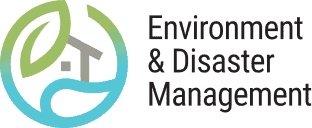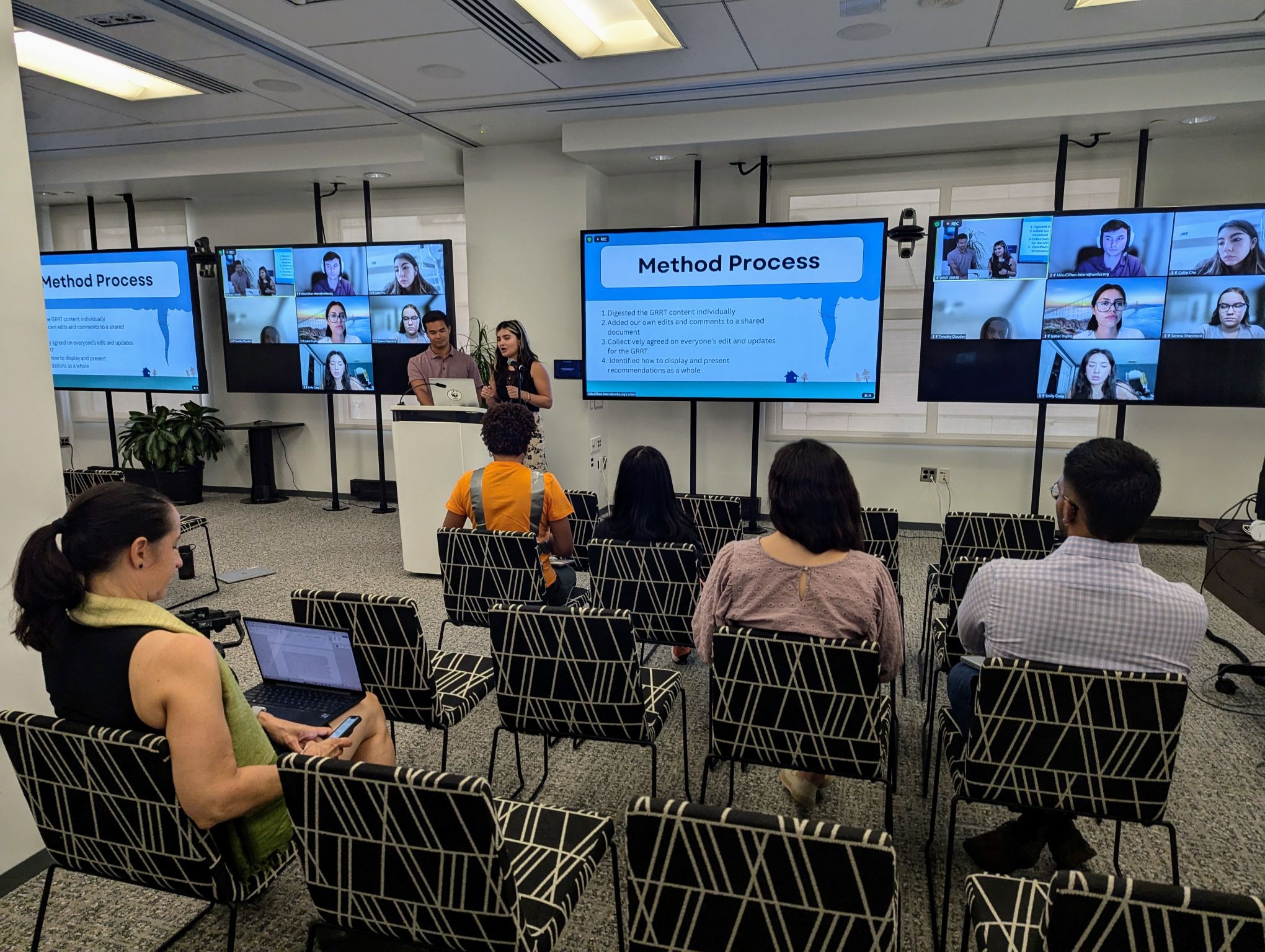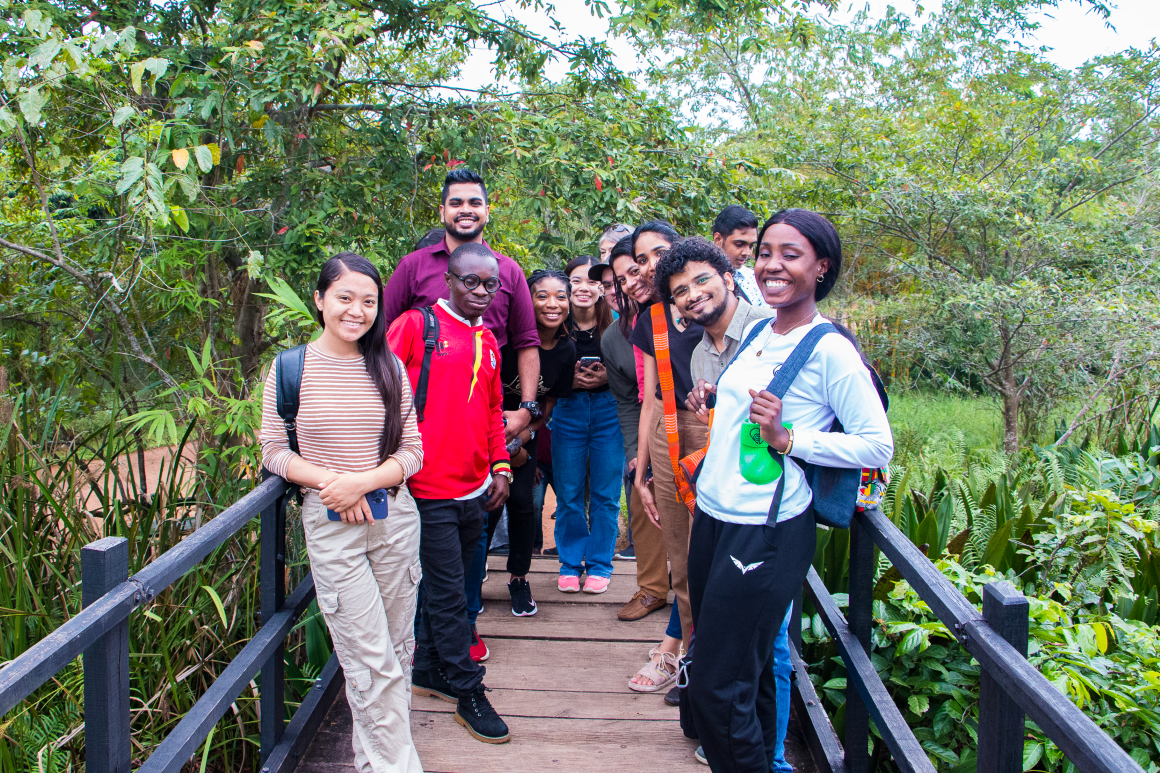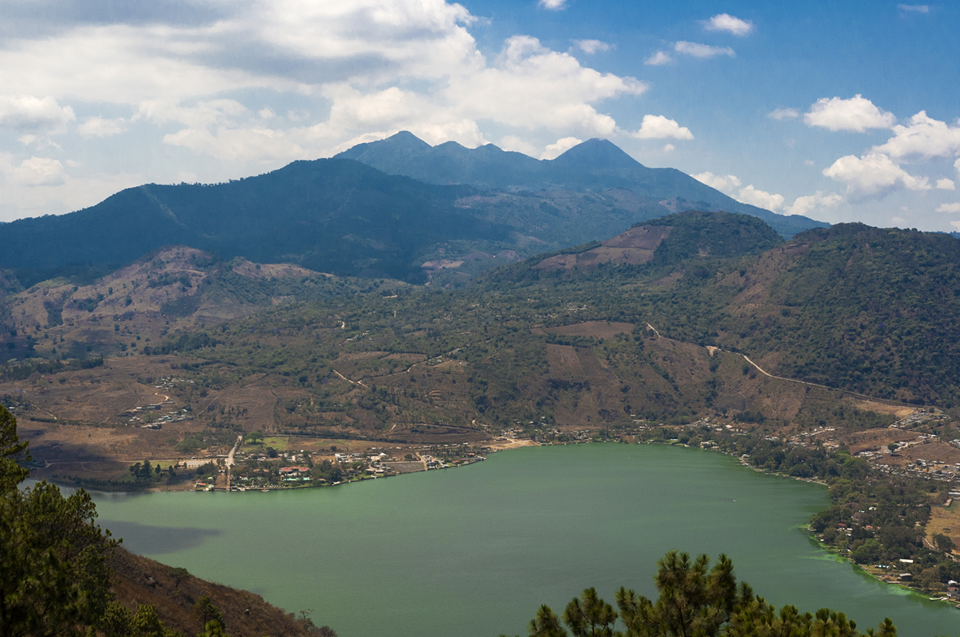Published on:
26 March 2021
Share this:
At the time, it was not yet widely accepted that the environment and disasters are deeply connected. Then in 2004, the Indian Ocean tsunami, one of the most destructive disasters in recent history, killed more than 230,000 people and impacted millions of lives in over a dozen countries across Asia and East Africa. In addition to the lives lost, the disaster devastated livelihoods, housing, and community infrastructure, highlighting the intrinsic connection between people’s well-being and a healthy environment.
Shortly after the tsunami struck, the American Red Cross and the World Wildlife Fund (WWF) Environment and Disaster Management program formed a partnership to help survivors rebuild their communities as well as the natural environments on which they depend. Since then, WWF and the Red Cross/Red Crescent Movement have continued to collaborate on recovery and risk reduction around the world.
This evolving collaboration breaks down silos between the humanitarian and environmental fields, building mutual learning and experience in a way that translates to strengthen the resilience of communities. The following are key moments in this unique collaboration:
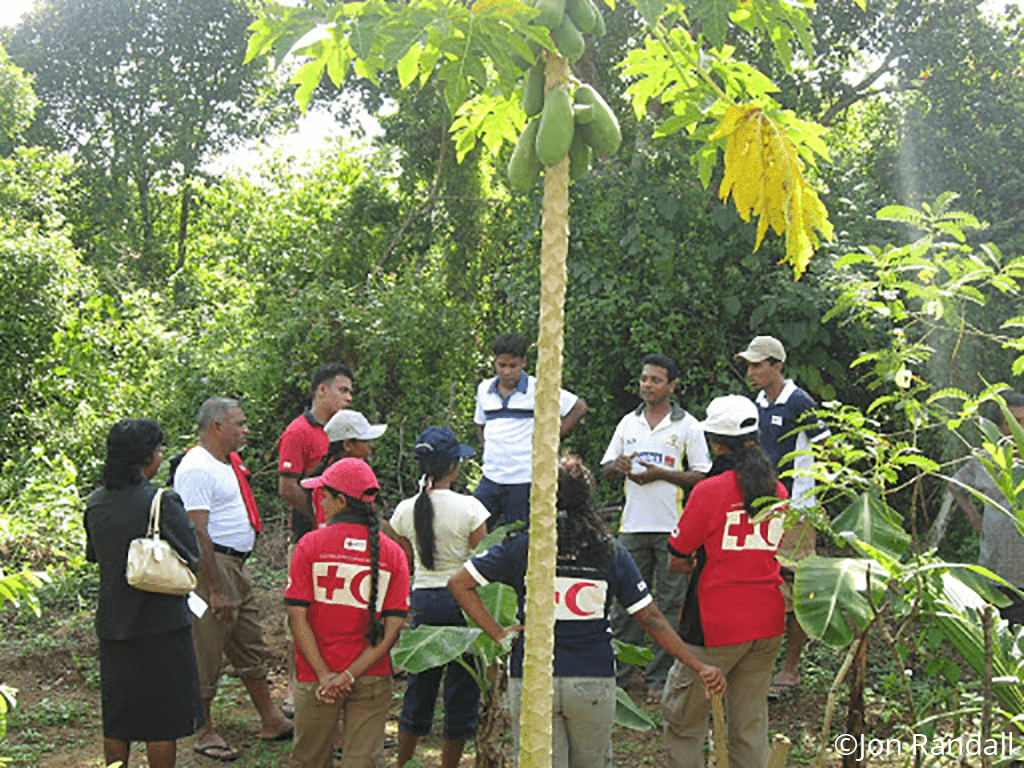
2006 – 2010, Regional Tsunami Green Recovery and Reconstruction
WWF-US and the American Red Cross worked to support environmentally responsible activities critical to a long-lasting recovery following the 2004 Indian Ocean tsunami. Combining the humanitarian action expertise of the American Red Cross with the environmental expertise of WWF, and with the support of local partners, the collaboration focused on restoring livelihoods, including agriculture, aquaculture, and fisheries. It also protected natural resources, strengthened water and sanitation systems, and greened key construction processes, including the supply chain and procurement of building materials.

2010, Green Recovery and Reconstruction: Training Toolkit for Humanitarian Aid
The tsunami collaboration sparked the development of the Green Recovery and Reconstruction: Training Toolkit for Humanitarian Aid, or GRRT. The GRRT includes ten training modules covering key disaster response issues from assessments to shelter, water and sanitation, livelihoods, and more. In 2013, the toolkit was recognized for its contributions to the humanitarian sector with the Green Star Award by the United Nations Office for the Coordination of Humanitarian Affairs, Green Cross International, and the United Nations Environment Program.
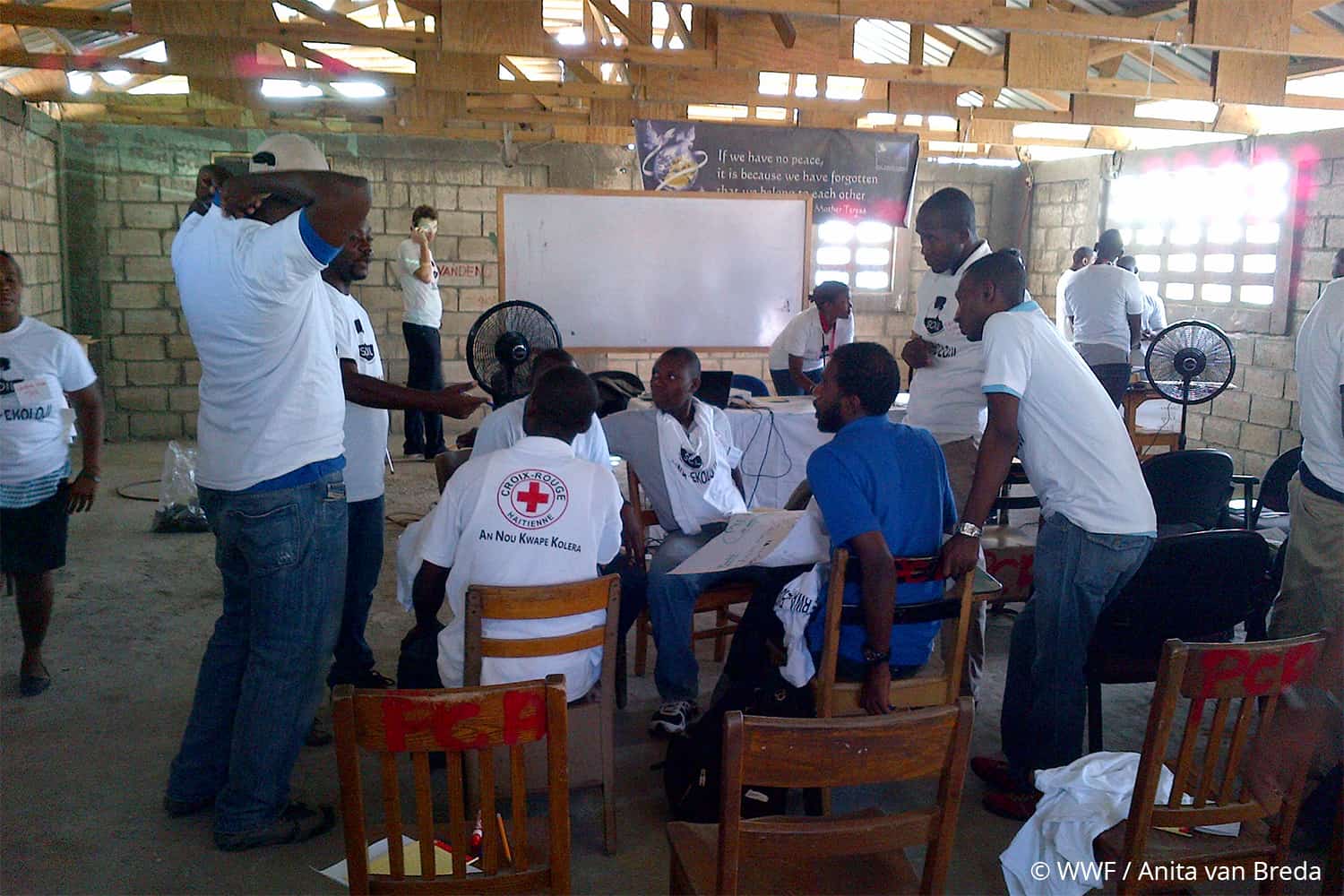
2011 – 2013, Haiti Earthquake Recovery
Following the devastation of the 2010 earthquake, WWF-US worked to provide the American Red Cross Haiti Assistance Program with guidance related to environmental issues, using urban environmental assessments to support recovery efforts and collaborating with local partners to offer Green Recovery and Reconstruction Toolkit training.

2016 – 2019, Green Recovery and Reconstruction Toolkit Trainings Nicaragua
The Canadian Red Cross partnered with WWF-US, WWF Guatemala, and the Red Cross/Red Crescent Green Response Program to build capacity and provide GRRT training sessions. These sessions included partnerships with Red Cross/Red Crescent national societies across the Caribbean and Central America as well as with Canadian Red Cross headquarters staff in Ottawa.
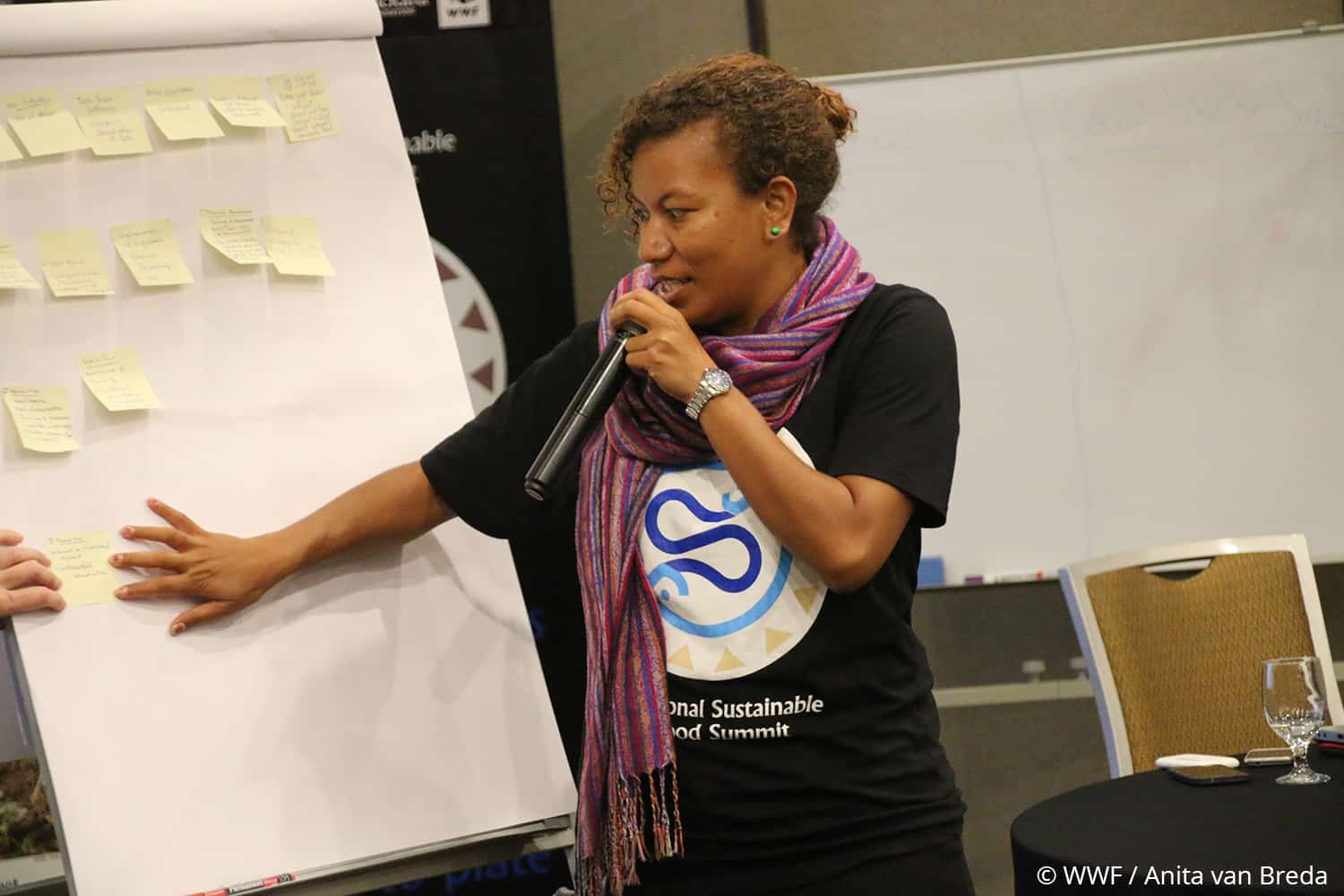
2017, Cyclone Winston Response: Green Recovery and Reconstruction Toolkit Training
Following the destruction wrought by Cyclone Winston, WWF-Fiji and WWF-US partnered with the Fiji Red Cross Society to train a diverse group of organizations to use the Green Recovery and Reconstruction Toolkit. According to Sagaitu Josaia, Fiji Red Cross Disaster Management Officer, the training equipped local teams to better support community-based humanitarian efforts. “A lot of organizations are new to this workshop in terms of disasters. So all this information will assist the various organizations in building their knowledge to assist the communities they work with,” said Josaia.

2021, Climate and Environment Charter for Humanitarian Organizations
As the humanitarian impacts of the climate crisis continue to intensify, the Red Cross/Red Crescent Societies are prioritizing the integration of climate issues throughout the disaster relief sector. To outline a roadmap for this transformative change, the International Federation of Red Cross and Red Crescent Societies is developing a Climate and Environment Charter. WWF-US is contributing in an advisory role.
